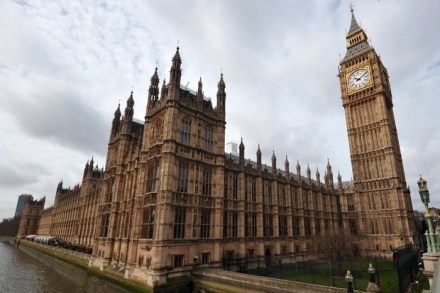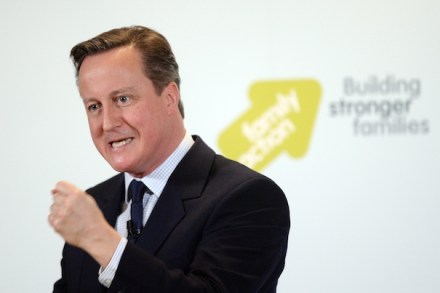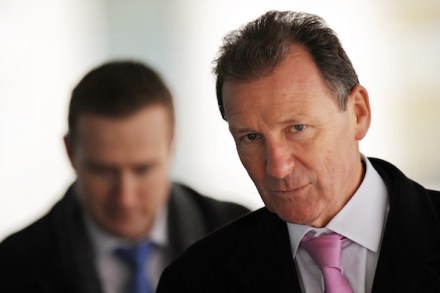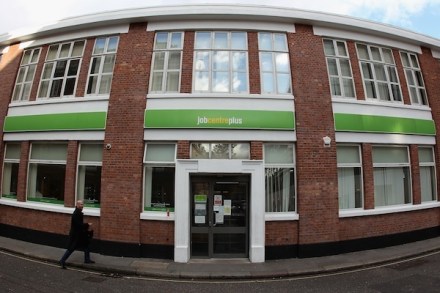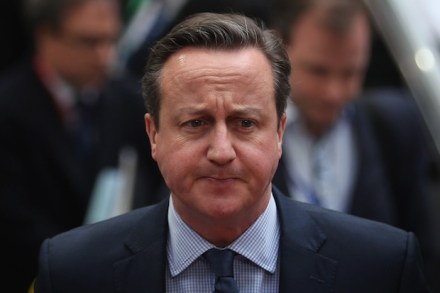Our approach to the elderly is a national scandal
Parents are so worried about the behaviour of nursery workers looking after their children that they are installing secret cameras to keep tabs on them. Can you imagine the outrage that would follow this story, if it were true? Yet when, as the Times reports today, the vulnerable people concerned are elderly, then the abuse attracts far less attention. The newspaper reported this morning that charity Action on Elder Abuse is encouraging people to install hidden cameras in the rooms of older relatives to monitor their carers. The charity’s helpline received 7,529 calls from people worried they were victims of financial abuse last year, up from 3,500 the previous year. It’s


